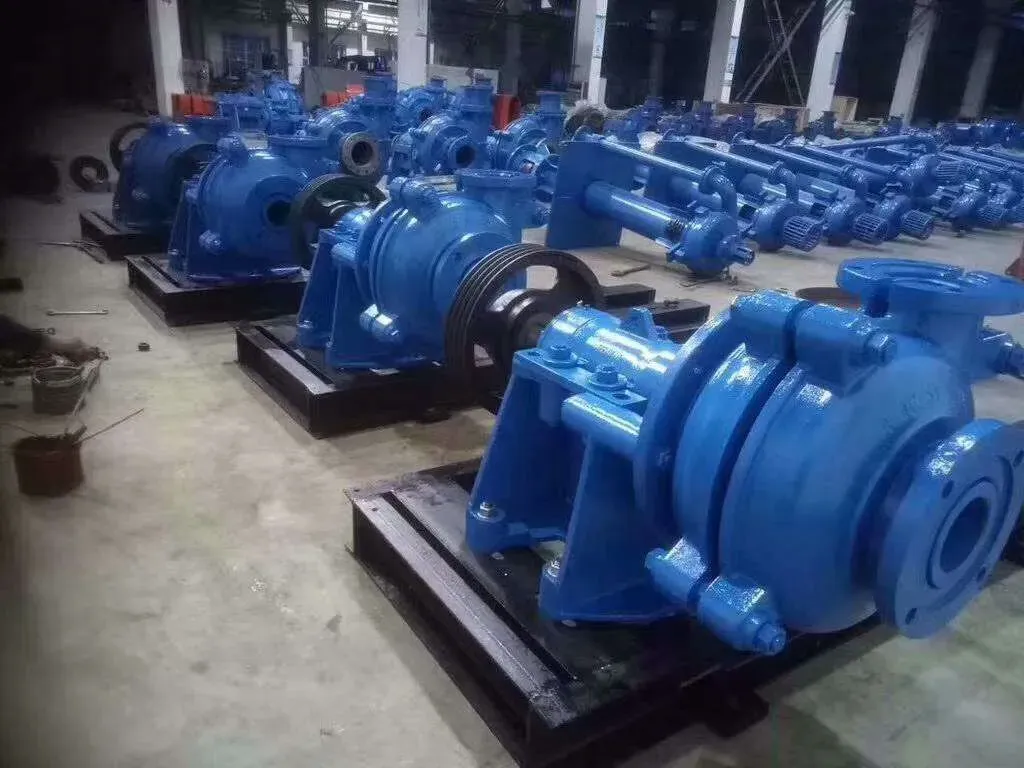Khmer
- Afrikaans
- Albanian
- Amharic
- Arabic
- Armenian
- Azerbaijani
- Basque
- Belarusian
- Bengali
- Bosnian
- Bulgarian
- Catalan
- Cebuano
- Corsican
- Croatian
- Czech
- Danish
- Dutch
- English
- Esperanto
- Estonian
- Finnish
- French
- Frisian
- Galician
- Georgian
- German
- Greek
- Gujarati
- Haitian Creole
- hausa
- hawaiian
- Hebrew
- Hindi
- Miao
- Hungarian
- Icelandic
- igbo
- Indonesian
- irish
- Italian
- Japanese
- Javanese
- Kannada
- kazakh
- Khmer
- Rwandese
- Korean
- Kurdish
- Kyrgyz
- Lao
- Latin
- Latvian
- Lithuanian
- Luxembourgish
- Macedonian
- Malgashi
- Malay
- Malayalam
- Maltese
- Maori
- Marathi
- Mongolian
- Myanmar
- Nepali
- Norwegian
- Norwegian
- Occitan
- Pashto
- Persian
- Polish
- Portuguese
- Punjabi
- Romanian
- Russian
- Samoan
- Scottish Gaelic
- Serbian
- Sesotho
- Shona
- Sindhi
- Sinhala
- Slovak
- Slovenian
- Somali
- Spanish
- Sundanese
- Swahili
- Swedish
- Tagalog
- Tajik
- Tamil
- Tatar
- Telugu
- Thai
- Turkish
- Turkmen
- Ukrainian
- Urdu
- Uighur
- Uzbek
- Vietnamese
- Welsh
- Bantu
- Yiddish
- Yoruba
- Zulu
Telephone: +86 13120555503
Email: frank@cypump.com
វិច្ឆិកា . 04, 2024 20:51 Back to list
increase efficiency with high-capacity sludge water pump for ...
Increase Efficiency with High-Capacity Sludge Water Pumps
In industrial operations where movement and management of sludge are inevitable, having the right equipment is crucial for efficiency and productivity. High-capacity sludge water pumps are essential tools designed to handle the complexities and challenges associated with transporting sludge, wastewater, and other viscous materials. By leveraging advanced pumping technology, facilities can significantly enhance their operational efficiency while reducing costs and environmental impact.
Firstly, high-capacity sludge water pumps are engineered to handle solid-laden fluids and deliver high flow rates, making them ideal for various applications, including wastewater treatment plants, construction sites, and mining operations. These pumps are built with durable materials that can withstand abrasive particles and corrosive environments, ensuring a longer service life and minimal downtime due to maintenance issues. The robust design not only improves operational reliability but also speeds up the sludge removal process, allowing for more effective plant operations.
Efficiency in managing sludge is not merely about the pump's capacity; it also involves energy consumption and the overall design of the pumping system. Modern high-capacity sludge pumps utilize advanced hydraulic principles resulting in lower energy consumption compared to traditional pumps. This translates to reduced operational costs and a decreased carbon footprint, aligning with the growing emphasis on sustainability in industrial operations. By investing in high-efficiency pumps, facilities can achieve significant savings on energy bills while concurrently supporting environmental stewardship.
increase efficiency with high-capacity sludge water pump for ...

Another advantage of high-capacity sludge water pumps is their versatility. These pumps can be configured for different types of sludge management applications. Whether in dewatering processes, treating industrial effluent, or operating in municipal wastewater treatment settings, these pumps can adapt to varying flow rates and solid concentrations. This flexibility allows facilities to optimize their operations without the need for multiple systems, further enhancing efficiency and reducing operational complexity.
Moreover, high-capacity sludge pumps often come equipped with smart technology features such as real-time monitoring and advanced control systems. These technological advancements enable operators to track pump performance, detect issues before they escalate, and optimize operational parameters for maximum efficiency. By incorporating data analytics and IoT capabilities, facilities can proactively manage their pumping operations, leading to improved decision-making, maintenance scheduling, and overall resource management.
In addition to operational benefits, the implementation of high-capacity sludge water pumps can lead to enhanced safety in the workplace. Traditional sludge handling methods can pose risks such as spills and backflow, potentially leading to hazardous conditions for workers. High-capacity pumps designed with safety in mind minimize the risk of accidents by ensuring efficient and controlled sludge transfer. This not only protects workers but also reduces liabilities associated with workplace incidents.
In conclusion, high-capacity sludge water pumps represent a significant leap in technology designed to meet the demands of modern industrial operations. Their ability to increase efficiency through improved flow rates, energy consumption reduction, and adaptability makes them a vital investment for any facility dealing with sludge management. As industries continue to prioritize sustainability and operational excellence, adopting high-capacity sludge pumps stands as a key strategy to enhance productivity while minimizing environmental impact. By choosing the right equipment today, facilities can pave the way for a more efficient and responsible future.
-
Custom Drilling Mud and Slurry Pump Supplier - High Efficiency, Tailored Solutions
NewsJun.10,2025
-
Supply Vertical Submersible Sewage Pump High-Efficiency WQ/QW Pumps Supplier
NewsJun.10,2025
-
Premium Sewage Ejection System & Pumps Efficient Waste Removal
NewsJun.09,2025
-
Premium Wholesale Slurry Pump Impellers Durable & Efficient Slurry Handling
NewsJun.09,2025
-
Top Sewage Pump Companies Durable Industrial Solutions for Efficiency
NewsJun.09,2025
-
Heavy Duty Slurry Pumps - OEM High Performance & Bulk Wholesale
NewsJun.09,2025










